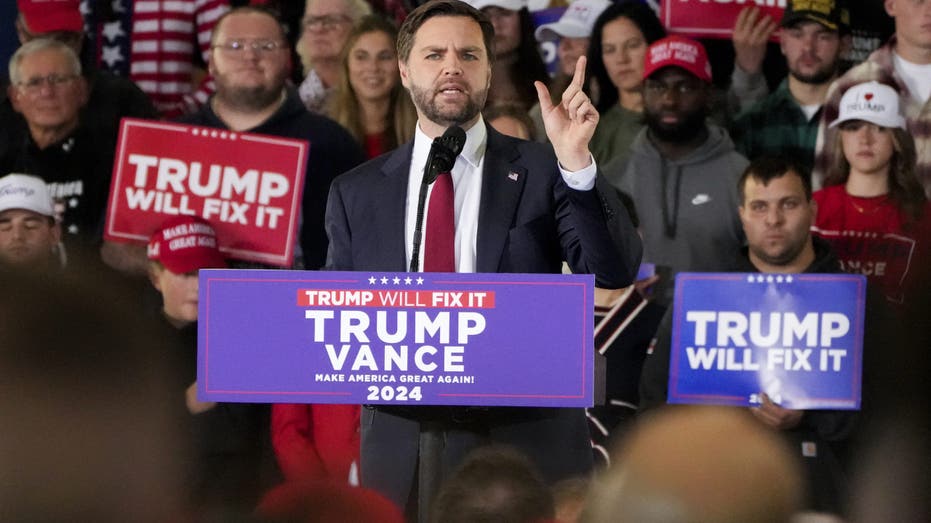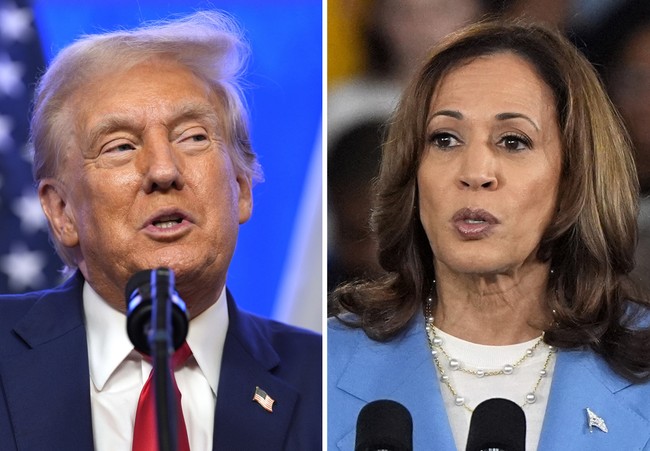
This article was originally published on The Post Millennial. You can read the original article HERE

The Washington State Supreme Court is reviewing arguments in a lawsuit brought by nonprofit organizations challenging the state’s signature verification procedures for mail-in ballots. The plaintiffs argue that these procedures are discriminatory and disproportionately impact non-white and young voters.
“The state of Washington infringes and burdens the right to vote with a subjective signature matching process that has operated to deprive more than 170,000 fully qualified Washington voters of the right to vote just since 2016,” said Kevin Hamilton, an attorney representing the Vet Voice Foundation, one of the nonprofit groups suing the state and local election officials.
The lawsuit, initially filed in 2022, names Secretary of State Steve Hobbs and other election officials as defendants. The plaintiffs claim that ballots from young voters are rejected at a higher rate compared to those from voters over 40, and that ballots from Asian, Latino, and black voters are more frequently rejected than those from white voters. Additionally, the suit claims that active-duty military personnel and their families stationed outside of Washington face higher rejection rates than in-state civilian voters.
State officials have defended the signature verification requirement, asserting that it is a legal and necessary measure to ensure secure elections. In 2022, a King County Superior Court judge denied summary judgment motions from both the plaintiffs and the state, prompting the case to advance to the state Supreme Court.
“These tens of thousands of ballots are cast by qualified voters who did everything required of them to exercise their right to vote but their ballots were mistakenly rejected by election officials because of their penmanship,” Hamilton said, according to Courthouse News Service.
Justice Sheryl Gordon McCloud questioned Hamilton’s figures, noting that roughly half of the ballots initially rejected due to signature issues were eventually cured through the state’s election process.
“To the extent that we can consider factual data in an as-applied challenge, I’m not sure that the inferences you’re drawing are the only inferences you can draw,” McCloud said.
Justice Debra L. Stephens asked whether the plaintiffs were accusing election officials of intentionally discriminating against certain groups. Hamilton clarified that the case did not allege intentional discrimination but argued that the current system inflicted “insult to constitutional injury.”
Karl Smith, the attorney representing the state defendants, accused the groups of “inappropriately relying on strict scrutiny in challenging routine regulation of the voting process.”He emphasized that the signature verification system ensures ballot validity and allows for quick resolution of discrepancies. Smith also noted that Washington’s voting laws are less restrictive compared to those in many other states and warned that changing the system could lead to more burdensome procedures.
“If the Legislature adopts some other mechanism for verifying identity, we’re going to be right back here, and they’re going to say ‘Well this is more burdensome, and therefore it fails strict scrutiny,’" Smith argued.
This article was originally published by The Post Millennial. We only curate news from sources that align with the core values of our intended conservative audience. If you like the news you read here we encourage you to utilize the original sources for even more great news and opinions you can trust!










Comments